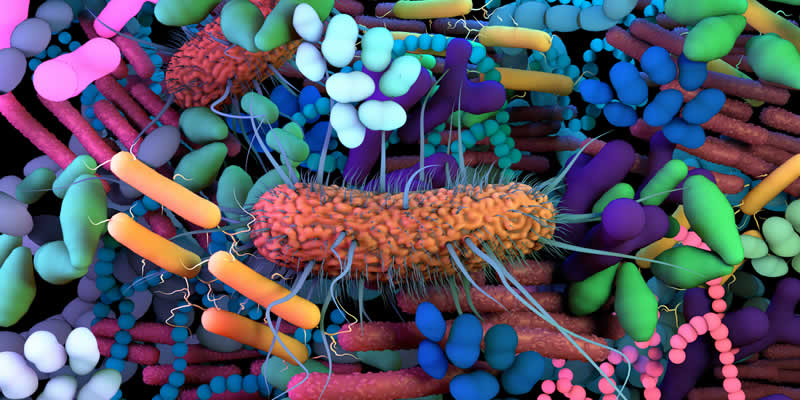Regular consumption of caffeine, an ingredient which appears in coffee, cola and energy drinks can temporarily impact the brain, researchers have said.
It is well known that caffeine helps people feel more alert, so drinking it close to bedtime can disrupt sleep patterns. Previous research has shown that sleep deprivation can affect the grey matter of the brain, but a team from the University of Basel wanted to see whether the altered brain structure occurs because of the poor sleep, or whether the caffeine had more of a direct effect.
- Caffeine in pregnancy can have lasting effects on the child
- Scientists develop implant that releases GLP-1 in response to caffeine
This study finding surprised the researchers as they discovered the caffeine consumed as part of the trial did not impact sleep. However, they did find there were changes in the brain matter.
The trial involved 20 healthy young people, all of whom drink coffee regularly on a daily basis. Over the course of 10-days they were asked not to drink their favourite hot beverage and instead some were given caffeine tablets and some were given a placebo.
After the 10-day period, brain scans were carried out so the researchers could examine the volume of their grey matter. They also looked at their sleep quality.
They found the depth of sleep was equal, regardless of whether the participant had been given a placebo or caffeine tablet. But there was a significant difference in the grey matter among those who had been taking the caffeine tablets.
- Green tea and coffee found to reduce risk of death among type 2 diabetes
- Tea drinkers will not miss sugar after quitting, research shows
One of the lead researchers Dr Carolin Reichert said: “Our results do not necessarily mean that caffeine consumption has a negative impact on the brain. But daily caffeine consumption evidently affects our cognitive hardware, which in itself should give rise to further studies.”
However, after 10 days of not drinking caffeine the grey matter had seemed to regenerate, suggesting that the grey matter damage was not permanent.
Dr Reichert said: “The changes in brain morphology seem to be temporary, but systematic comparisons between coffee drinkers and those who usually consume little or no caffeine have so far been lacking.”
The study findings have been published in the journal Cerebral Cortex.






